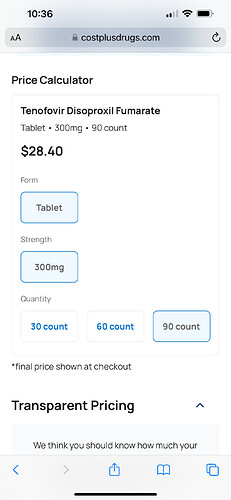Hello @Wood_Flair
I’m sorry to hear about this process with the application for your work and a 482 visa.
There may be a number of reasons why the application was rejected, but it sounds like from your perspective HR learnt of your hepatitis B status and rejected your application on that basis. It is true that there is signfiicant misunderstanding and stigma associated with hepatitis B in parts of Australia, and that includes businesses too.
Generally, you are not obliged to tell an employer or prospective employer that you are living with hepatitis B. The only exception is where you are employed in one of a few occupations that include some roles in healthcare.
From a legal perspective, there are some legal protections in Australia relating to employment-related discrimination, however, to be covered by these you generally have to first be an employee. Given this, at the application stage there are fewer protections for people relating to things like hepatitis-related discrimination becuase they are not yet an employee.
You are right, many people receive visas regardless of their hepatitis B status. And hepatitis B status alone is not a legal barrier to migration or visa granting.
Relating to work, however, hepatitis B can be relevant for some jobs/roles. Primarily those that are in the healthcare sector and specifically then those that relate to roles that perform particular types of procedures (called exposure prone procedures). However, even then, hepatitis B status should not be an immediate barrier to employment or visa granting. The issue is that many employers and individuals do not understand this, and so might reject a candidate based on that lack of knowledge and becuase they have the freedom to do this.
It is always advisable to be truthful in completing applications, especially when it relates to visa applications that go to the government in Australia. However, many people living with a communicable condition like hepatitis make careful and strategic choices about when to disclose status as part of processes. This can be based on a person’s own views about status and disclosure, or as part of building rapport and trust between a person and the recipient of information about their health. It is a lot to ask someone to disclose status on a form, when you haven’t yet built a trusting relationship.
If someone was applying for a job in healthcare, for example, it is more likely that it is important to manage disclosure carefully as it will need to be something an employer and you would need to manage as part of work. However, if someone was applying for a job as an accountant - it might be something that someone might leave until a later discussion, or perhaps not at all.
The information above is provided as general information only and does not constitute legal advice. Use this as a guide only, and seek legal advice if necessary. You can contact HALC (www.halc.org.au) who can provide information or advice for people living with hepatitis B who live in NSW, or those who are planning on migrating to NSW in some circumstances.
